Some of my favorite writing resources weren’t written by novelists or for novelists; they are the books written by screenwriters for plotting a movie. These books have some of the clearest, most helpful words ever written on the subject of plots.
“How can that be?” I know you are wondering. “Novels predate the movies by a substantial bit.”
That’s true, but theaters predate novels by even more time, and a screenplay is just a play for the screen. (And a teleplay is a play for television. Funny how those words work.) Of course, there are differences in plays written for live performance and those written for the movies, but the fundamentals of plotting remain the same. And these narrative structures are the ones we’ve grown up seeing and have come to expect in our fiction.
After all, unless you are one of the few people that reads 1 or more books a DAY, then you probably are exposed to more movies and television shows than novels. For better or worse, all of this conditioning means that we expect certain things to happen in our fiction (whether it’s a novel or a sitcom) at certain times. In my experience, screenwriting guides do the best job of sharing the information. Below are my three favorites:
This is by far my favorite, and the one that I recommend the most. Calvisi does an excellent job explaining his system and using well-known movies to illustrate his point. The thing I like best though, is that his story maps can be used for just about any type of plot you can devise. Whether working on a romance, fantasy, or contemporary novel, this system will work for your book.
The Writer’s Journey by Christopher Vogler
An excellent resource, especially for authors of fantasy/science fiction or anything with an epic scope. Although you could use this for any type of tale, the language does lend itself best for works falling in the Fantastic genre.
Based on Campbell’s Hero’s Journey, this book breaks down into readable bits everything you would need to create your own compelling, epic journey.
I like this book for a lot of reasons. It has a great way of breaking out a plot and looking at it in a different manner. I don’t find it quite as flexible as Story Maps, but I do think there’s a lot of really great stuff in this book. I especially love the way he has you look at character interaction throughout your work.
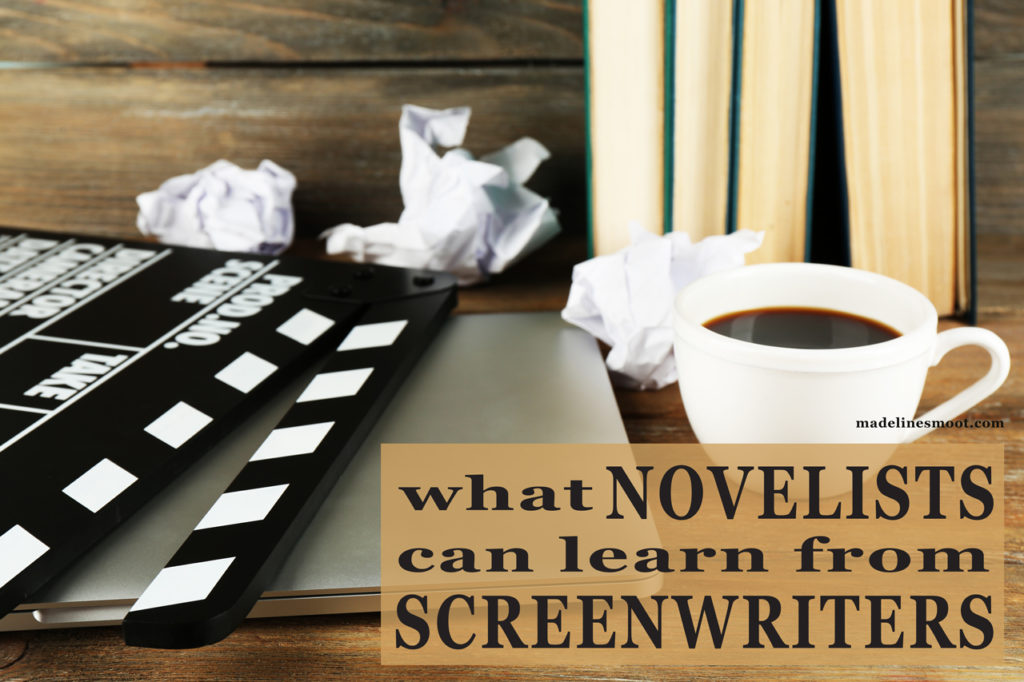



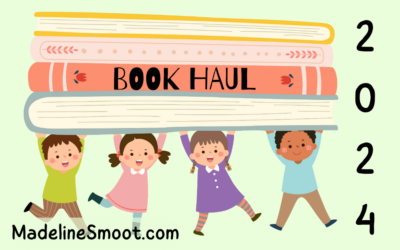
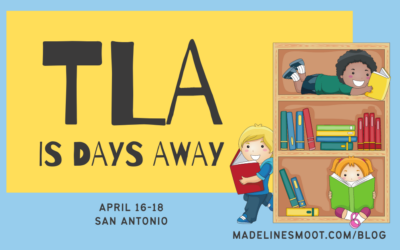
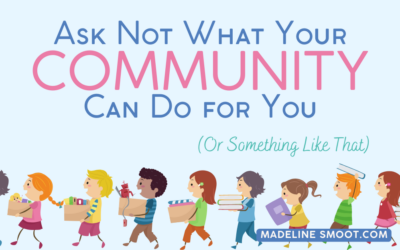
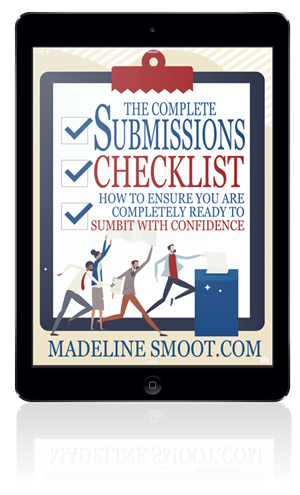
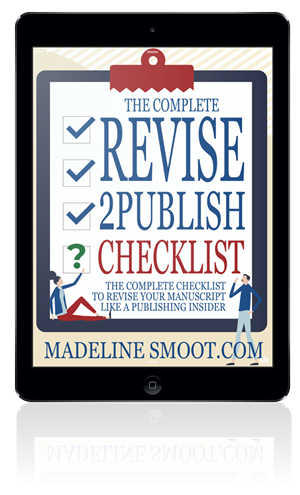
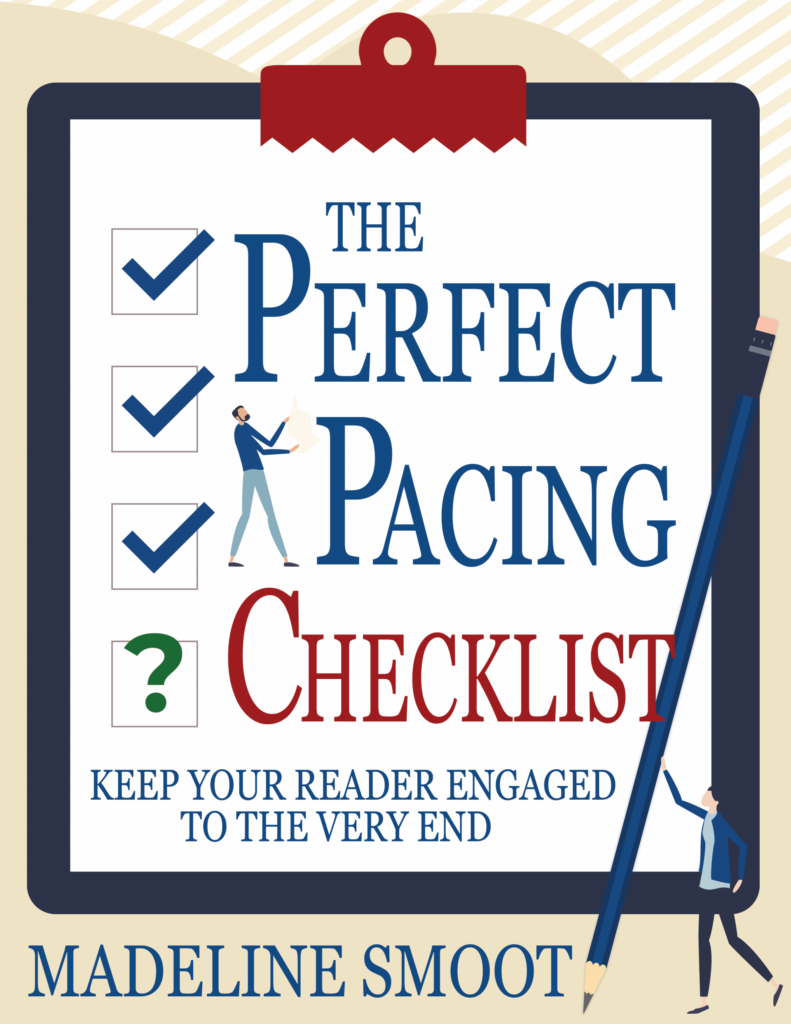
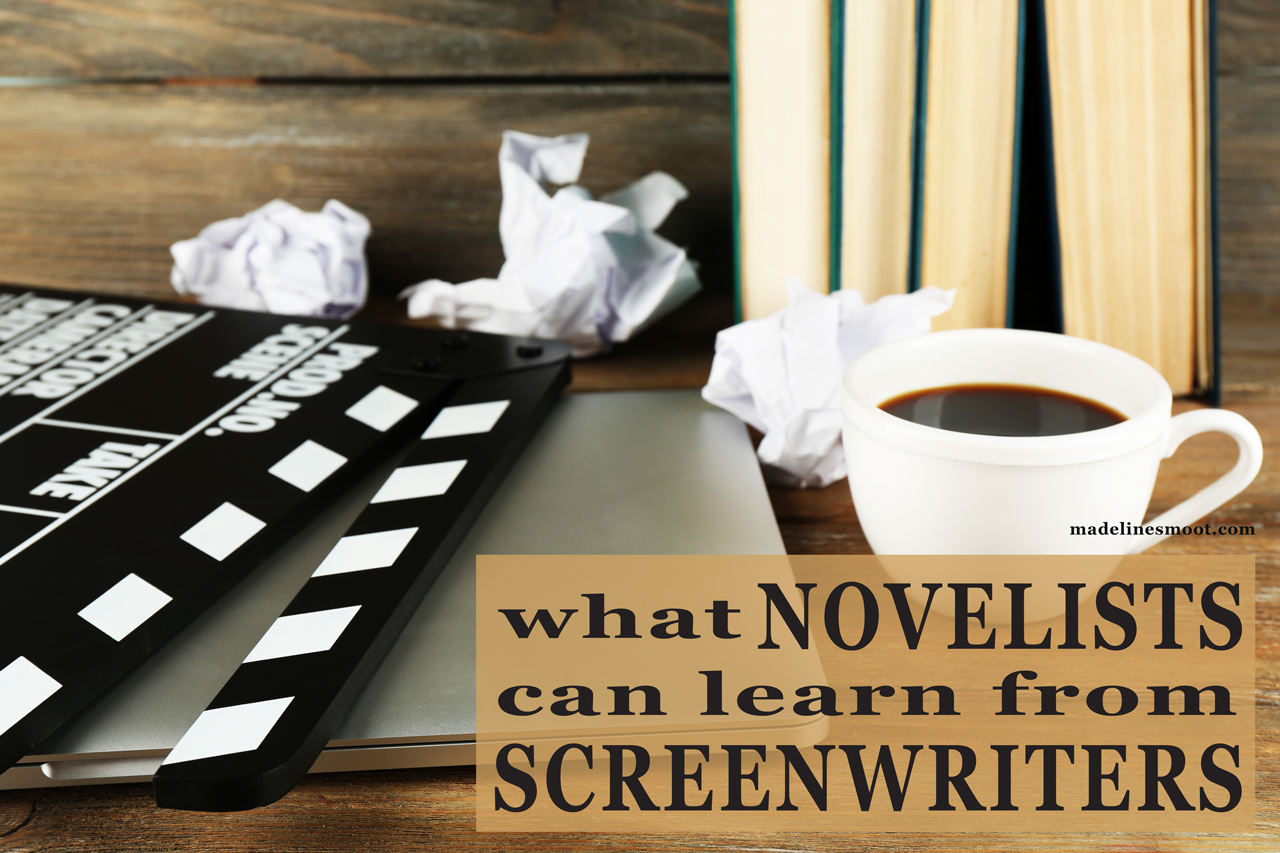
You must be logged in to post a comment.